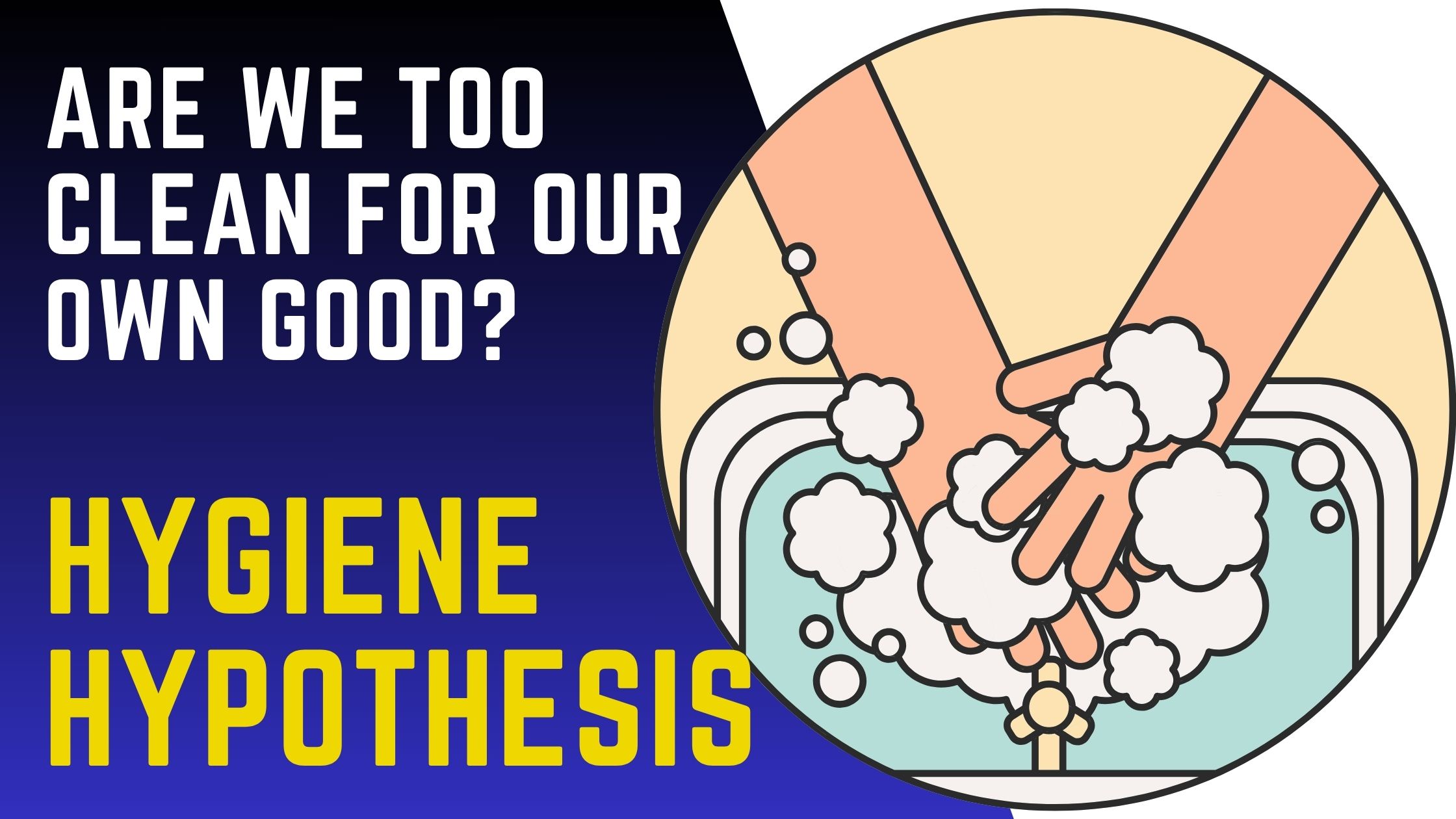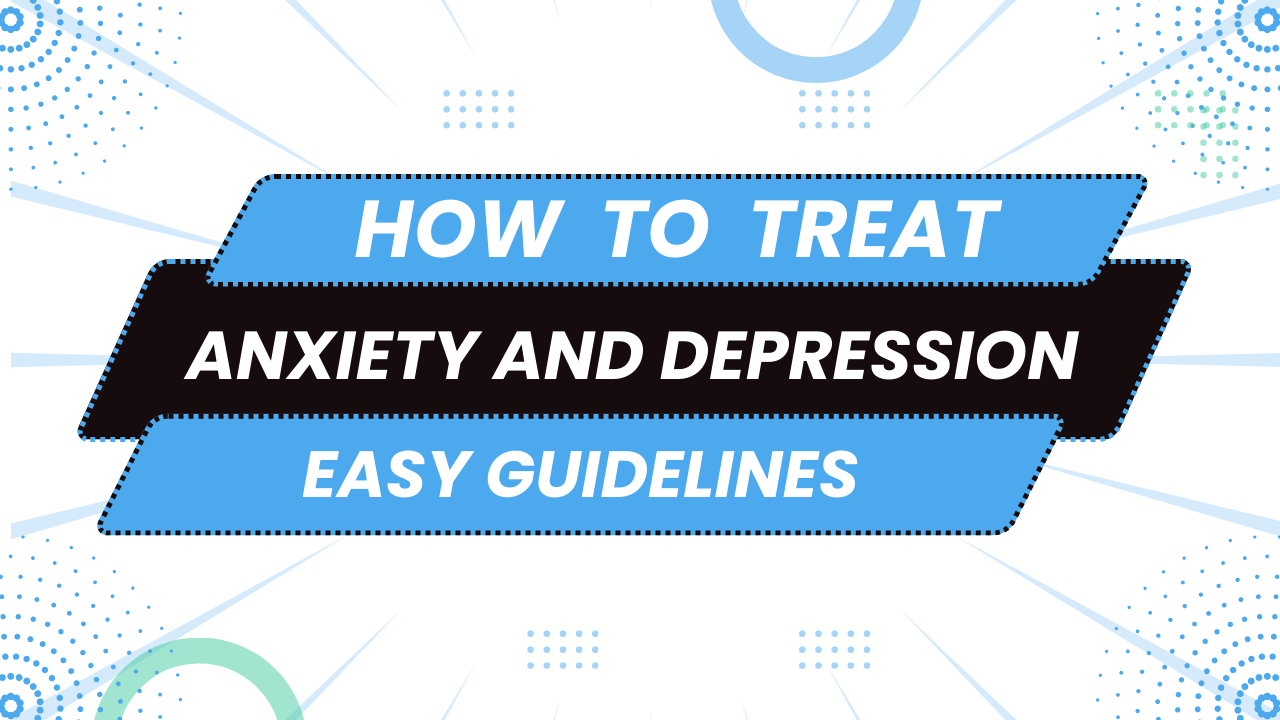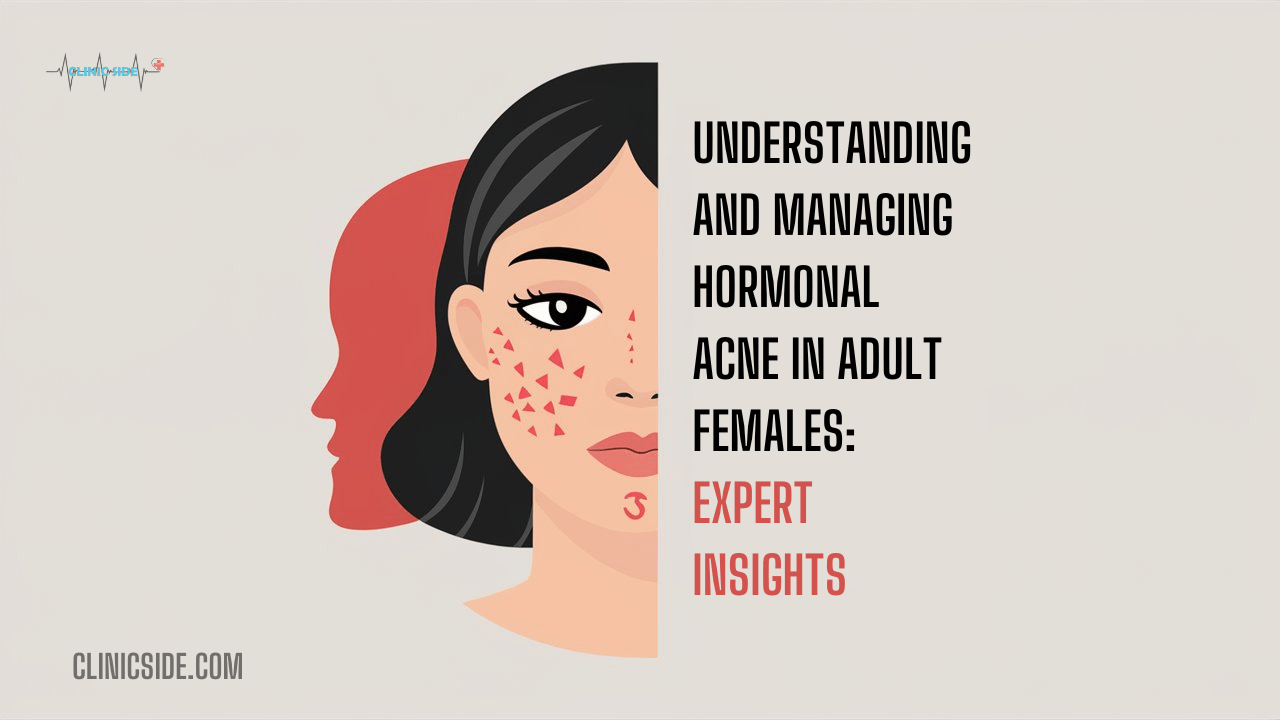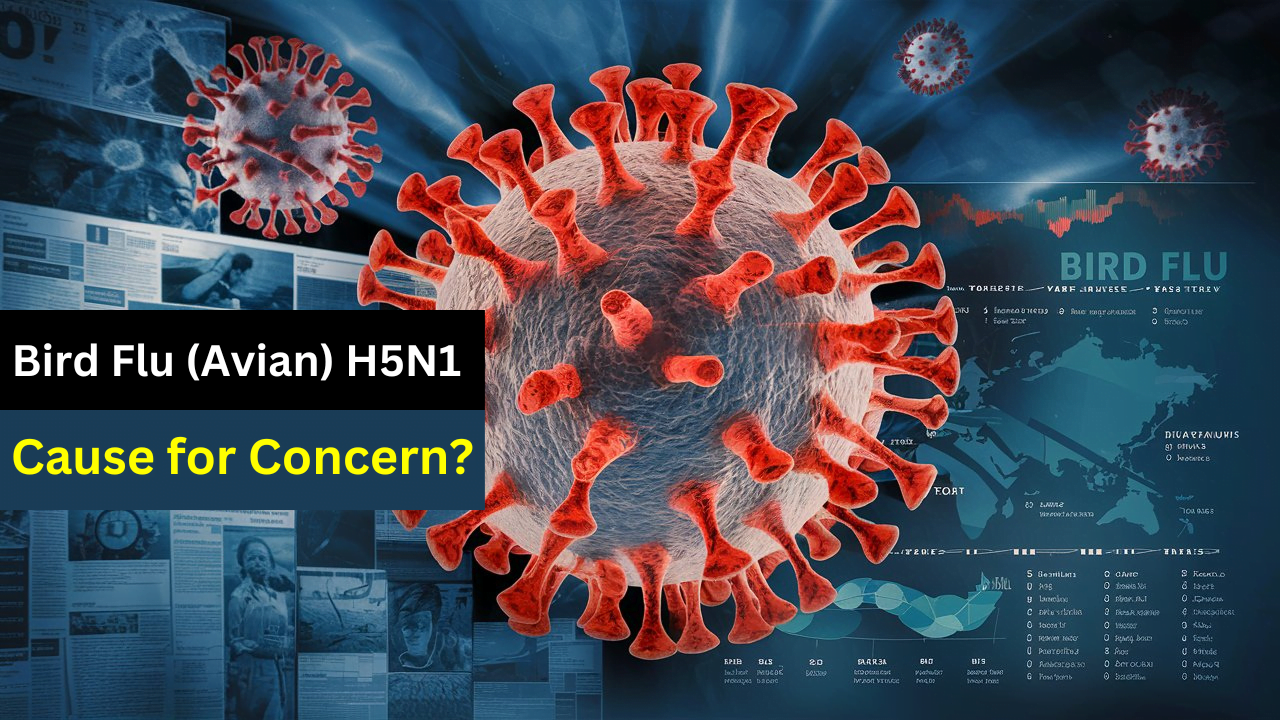Have you ever heard someone say, “A little dirt won’t hurt”? That saying might actually be backed by science. The Hygiene Hypothesis suggests that exposure to certain germs and microbes early in life can help train your immune system and reduce the risk of allergies and autoimmune diseases. But what does this mean for students and growing children?
In this blog post, we’ll explore what the Hygiene Hypothesis is, how it works, and why it matters for your health. Let’s get started!
What is the Hygiene Hypothesis?
The Hygiene Hypothesis is a scientific theory that proposes that a lack of exposure to infectious agents, bacteria, and parasites during childhood can increase the chances of developing allergies, asthma, and autoimmune diseases.
In simple words, growing up in overly clean environments might prevent the immune system from learning how to respond properly to harmful germs—leading to more immune system problems later.
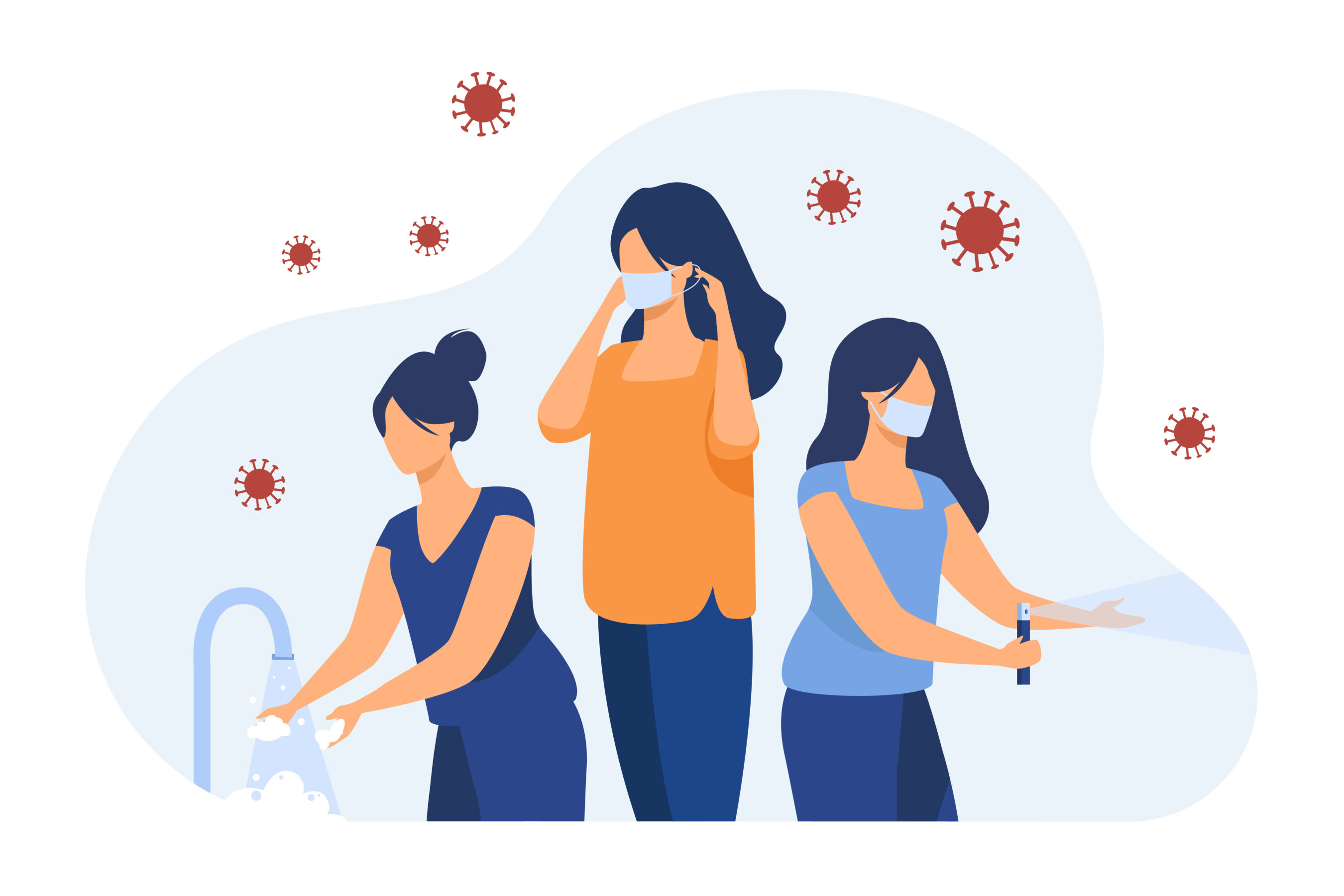
The Science Behind the Hygiene Hypothesis
Here’s how the Hygiene Hypothesis works:
- When you’re young, your immune system is still learning.
- If you’re exposed to harmless microbes, your body learns to tell the difference between “bad” and “good”.
- Without this early training, your immune system might overreact to harmless things like pollen, dust, or food—causing allergies and diseases.
According to the Hygiene Hypothesis, children growing up in sterile homes, using too many antibacterial products, or having fewer infections may have weaker immune training.
Common Examples Related to the Hygiene Hypothesis
| Scenario | Effect (According to Hygiene Hypothesis) |
|---|---|
| Growing up on a farm 🐄 | Lower risk of asthma & allergies |
| Having pets at home 🐕 | Better immune tolerance |
| Playing in soil & outdoors 🌱 | Healthier immune response |
| Overuse of antibiotics 💊 | Higher allergy risk |
Modern Lifestyle vs. Traditional Exposure
Modern lifestyles encourage cleanliness and disinfection, especially after the COVID-19 pandemic. While hygiene is vital for preventing infections, the Hygiene Hypothesis warns against being “too clean.”
It’s important to find balance:
- Wash hands before eating ✅
- But don’t avoid all dirt or germs ❌
- Let kids play outside 🏃♂️
- Avoid unnecessary antibiotics 💊
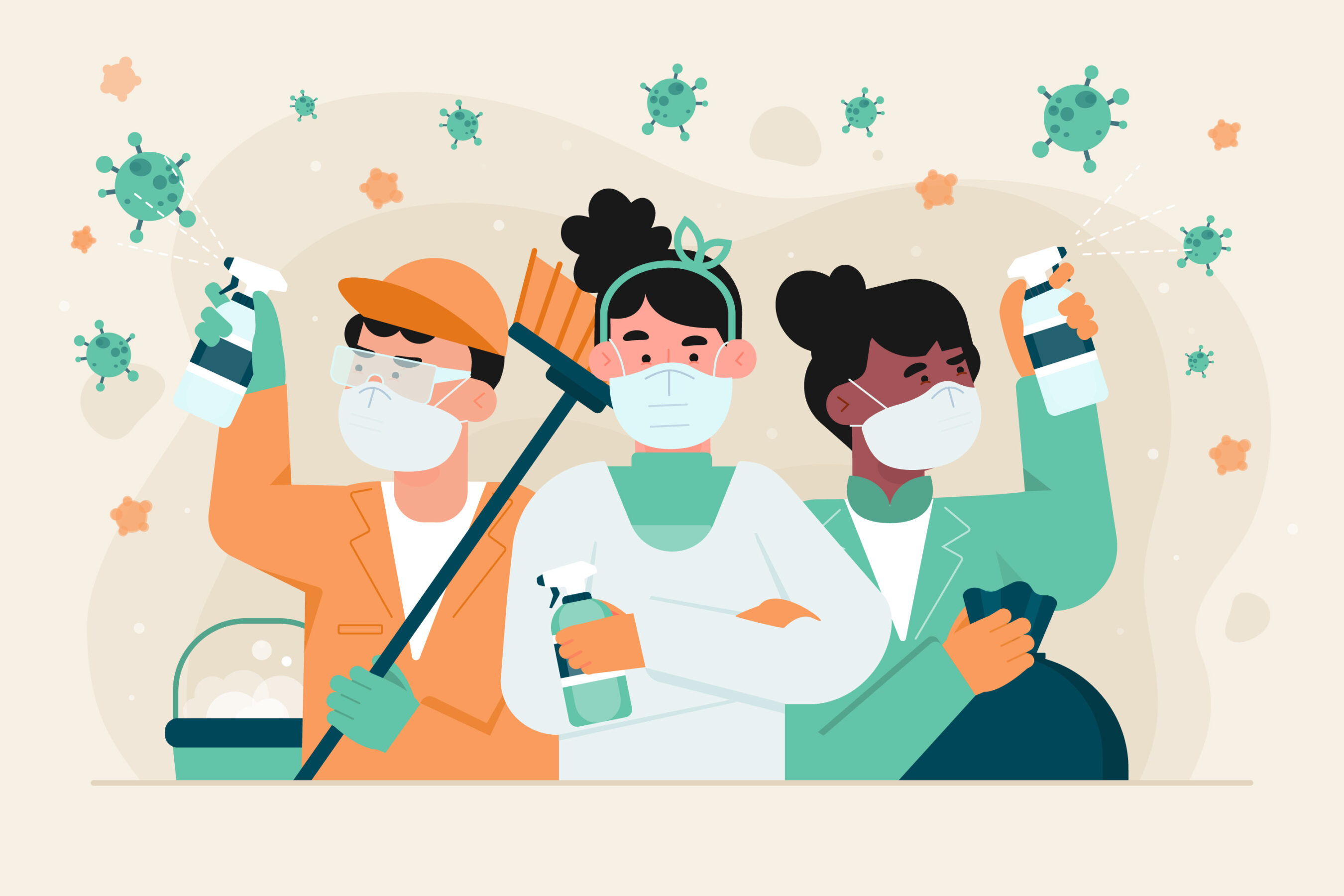
Summary
The Hygiene Hypothesis is a scientific theory that suggests growing up in an overly clean environment may increase the risk of allergies, asthma, and autoimmune diseases. It proposes that early exposure to a variety of microbes helps the immune system develop properly, teaching it to distinguish between harmful invaders and harmless substances.
This hypothesis emerged as scientists noticed a rise in immune-related disorders in developed, urban societies where sanitation, antibiotics, and disinfectants are heavily used. In contrast, children raised on farms, around pets, or in rural areas where microbial exposure is higher tend to have fewer allergies and better immune tolerance.
Modern lifestyles, while protective against infections, may unintentionally limit healthy microbial contact. Overuse of antibiotics, excessive hand sanitization, and reduced outdoor activity are examples of how “too much hygiene” might hinder immune system training. The Hygiene Hypothesis doesn’t suggest being dirty, but encourages a balanced lifestyle where some exposure to natural microbes is considered beneficial.
For students, understanding this hypothesis helps explain why controlled exposure to the environment such as playing outside, owning pets, or avoiding unnecessary medication, can support lifelong immune health. It’s a reminder that not all germs are bad, and that a little dirt during childhood might actually be good for you.

